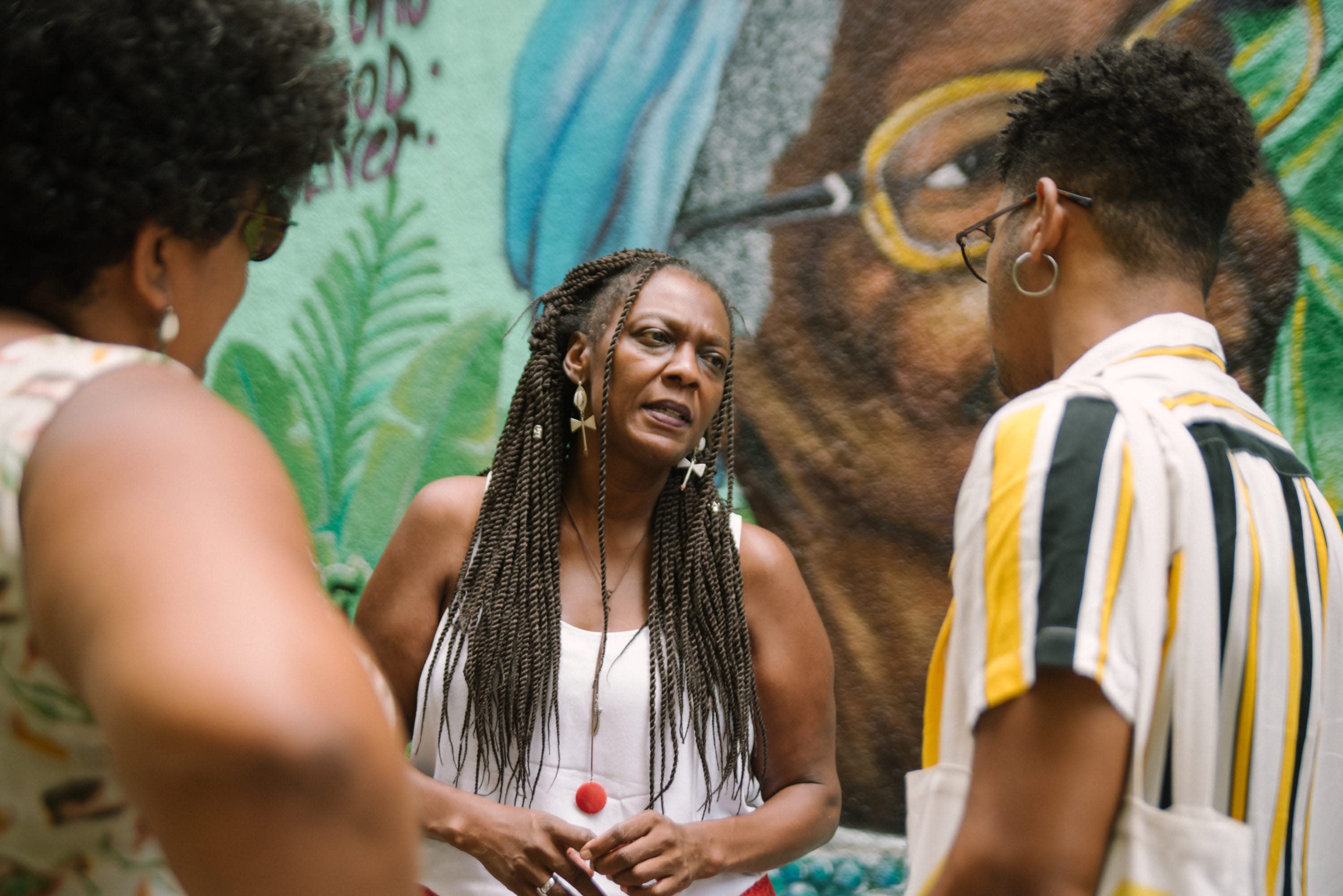The Issue
The issue
In the northeast region of Brazil, communities face high rates of poverty, violence and drug trafficking. Because of these societal and economic challenges, many families do not see girls’ education as a priority. Those girls who do enrol in school often drop out early to enter the labour market.

Benilda Regina Paiva’s approach
ResearchFrom a young age, Benilda’s grandmother instilled in her the value of her ancestry and identity as a Black Brazilian. This inspired Benilda to pursue a career fighting for the rights of Black girls and women in Brazil. She started her advocacy with her church youth group and later joined the Black movement to fight systemic racism and sexism in a country that long denied the existence of racism. For the last 40 years, Benilda has worked as an adviser in human rights focusing on the guarantee of the rights of the Black girls, Black women and Black LGBT+ communities against all forms of discrimination and violence. At Odara Institute da Mulher Negra, she uses her expertise to raise awareness about structural, environmental and religious discrimination and racism faced by Black girls in public schools in Bahia state.
Before joining the Education Champion Network in March 2020, Benilda worked alongside the Malala Fund Education Champions in Brazil to organise a public hearing in November 2019 where quilombola and Indigenous girls urged Brazilian leaders to support their education. Benilda’s Malala Fund grant is a continuation of her research and advocacy for Black and Indigenous girls. With the grant, Benilda will research the barriers to girls’ education in northeastern Brazil and hear from girls about the challenges they face in school. She will use that evidence to advocate for policies to improve girls’ enrolment rates, retention and success. Benilda will also build a network of civil society organisations and government officials to improve education access for girls.
More about Benilda Regina Paiva
There are 10 other Education Champions working in Brazil.












